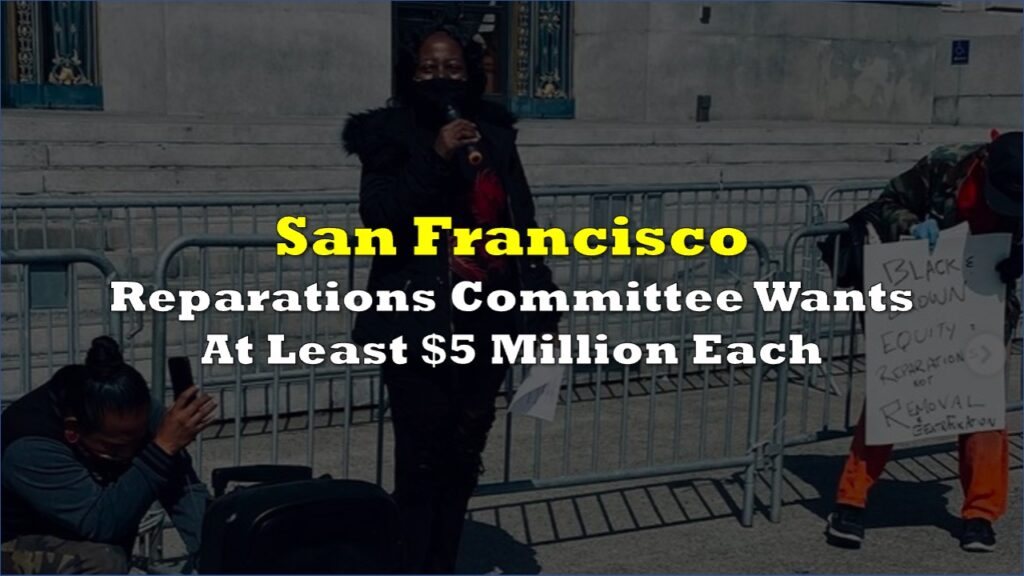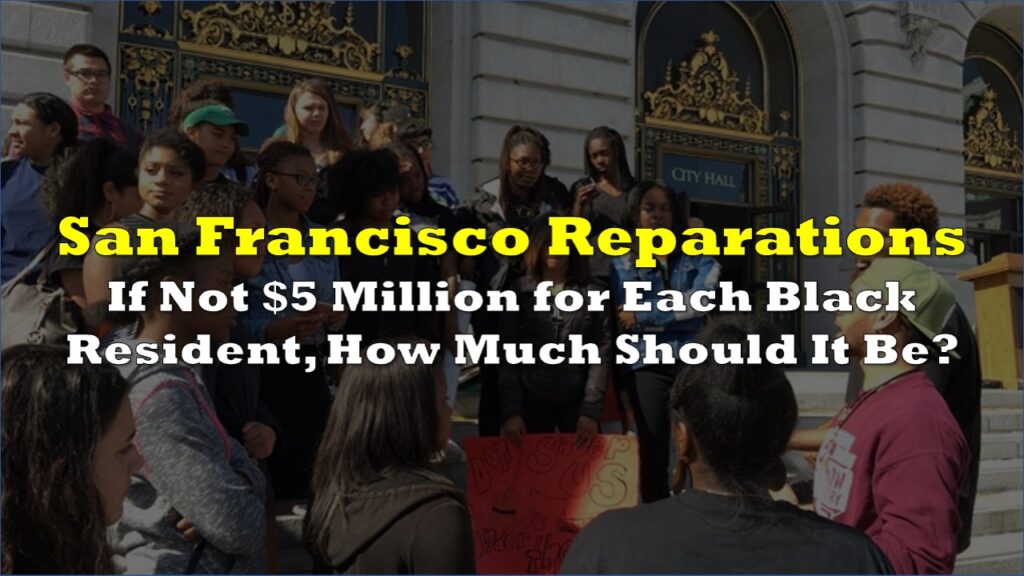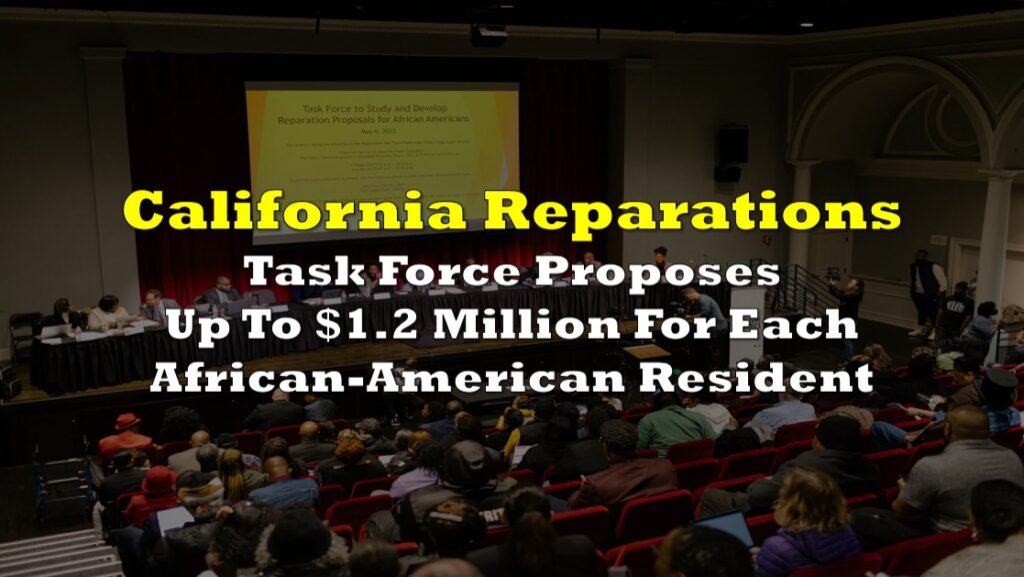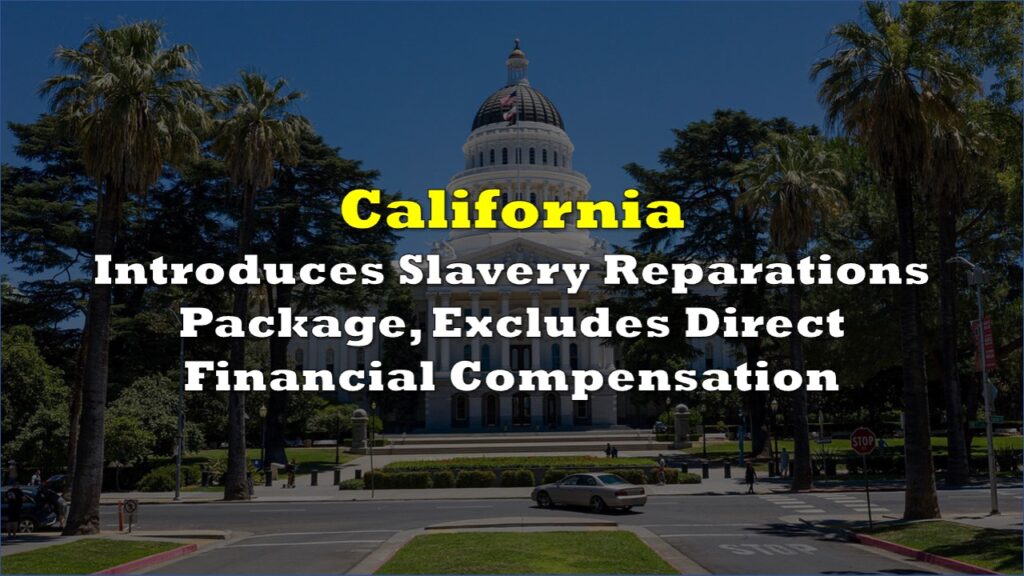In a thought-provoking opinion piece in the Wall Street Journal, Jason L. Riley, a Black conservative commentator and author, argues against the notion of reparations for the African American community.
Drawing from the movie “Barbershop” and highlighting the perspective of its characters, Riley emphasizes the need for personal responsibility and cultural change rather than financial compensation.
Riley criticized the recent moves by California and then New York to establish commissions and task forces on slavery reparations, calling it one of California’s “nutty ideas.” These efforts, according to Riley, reflect a progressive left unwilling to move beyond race and a superficial understanding of social justice.
Riley contests the practicality and fairness of reparations by highlighting several key points, starting with how California was never a slave state and New York outlawed Slavery in 1827. He points out that the perpetrators and victims of slavery are long gone, and attempting to impose financial burdens on individuals who were not directly involved is illogical.
“The vast majority of whites living in the antebellum period, even in the South, never owned slaves. Most white Americans alive today are descendants of people who came to the U.S. after the Civil War,” Riley wrote.
“Proponents of reparations want people who aren’t even descendants of slaveowners in the U.S. to compensate black people who were never slaves.”
He also refutes the claim that the mistreatment of Blacks in the past directly correlates to present-day outcomes, using the experiences of Chinese- and Japanese-Americans to demonstrate that historical discrimination does not necessarily determine future success or failure.
Focusing solely on the legacy of slavery overlooks the detrimental impact of the welfare state on the Black community, Riley posits. It is the Great Society programs of the late 1960s, rather than reparations, that contributed to the decline of the Black family structure and hindered progress in areas such as crime rates, education, and economic advancement.
Riley suggests that cultural deficiencies, not financial compensation, lie at the heart of the issues faced by the African American community.
Quoting characters from “Barbershop,” Riley highlights the need for personal restraint and responsibility. He emphasizes the significance of making wise financial decisions, avoiding lavish spending, and recognizing the importance of individual agency. Reparations, in his view, would not address these cultural deficiencies but instead, reinforce a victim mentality and perpetuate division.
“Another government-imposed wealth-redistribution scheme won’t do the trick, but it will almost certainly make race relations worse and encourage blacks to continue seeing themselves primarily as victims who have no control over their lives,” Riley argues.
“Compensating blacks today for the suffering of their ancestors wouldn’t be just. It would be corrupt.”
Information for this story was found via The Wall Street Journal, and the sources and companies mentioned. The author has no securities or affiliations related to the organizations discussed. Not a recommendation to buy or sell. Always do additional research and consult a professional before purchasing a security. The author holds no licenses.








